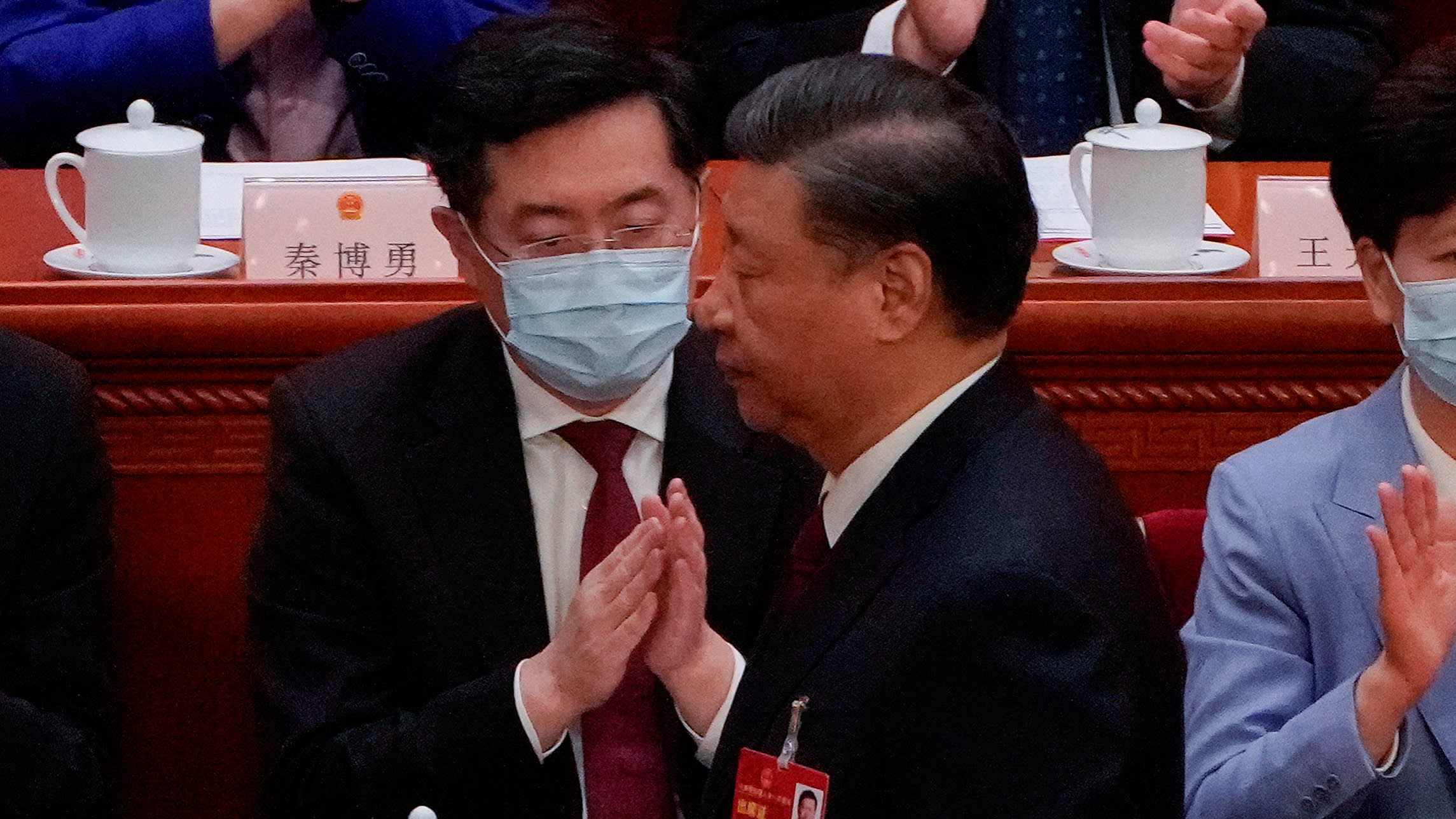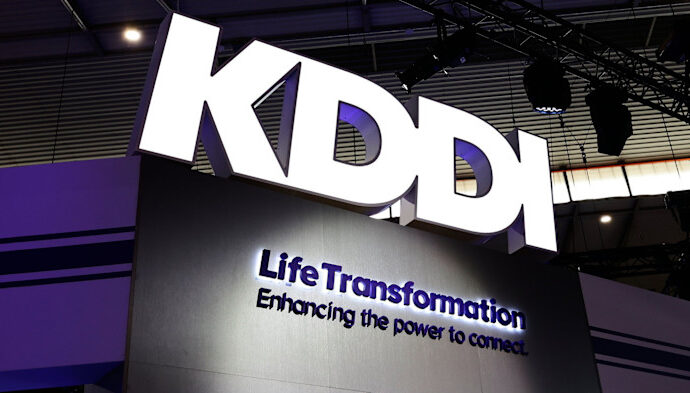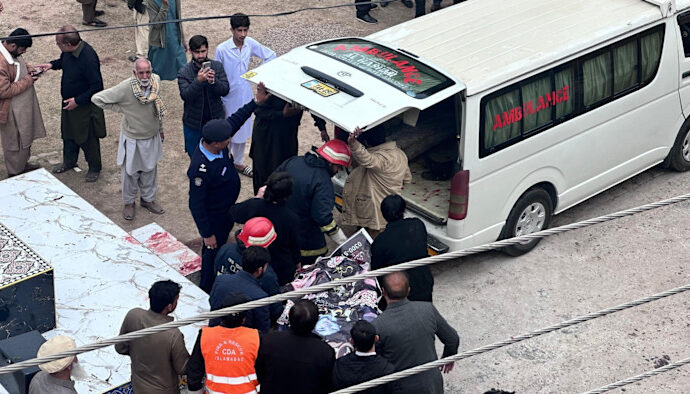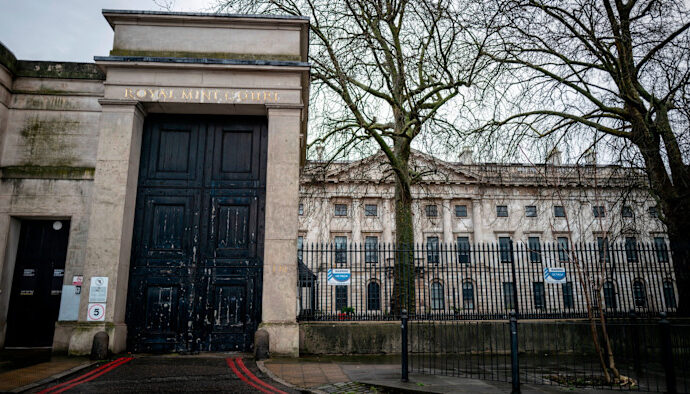
Receive free Chinese military updates
We’ll send you a myFT Daily Digest email rounding up the latest Chinese military news every morning.
China’s leader Xi Jinping has replaced the generals commanding the country’s missile forces, in the first official confirmation of the largest purge at the top levels of the country’s military in a decade.
General Li Yuchao, commander of the People’s Liberation Army Rocket Force, and his deputy General Liu Guangbin disappeared from public view several months ago amid what foreign experts on the PLA and intelligence officials say is a drive to crack down on corruption and enforce Communist party discipline.
State media said on Monday that Wang Houbin, deputy commander of the PLA navy since 2020, was now head of the Rocket Force, the arm of the PLA responsible for land-based nuclear ballistic missiles. Xu Xisheng, an air force officer and party central committee member, was named as the Rocket Force’s new political commissar.
Beijing has not made any announcements about the whereabouts of Li and Liu, but foreign officials briefed on intelligence regarding the matter believe the two generals are being investigated for allegedly leaking military secrets.
Their disappearance and now replacement comes amid a string of announcements about new anti-corruption measures in the armed forces and a renewed push to ensure the PLA’s absolute loyalty to the party and Xi himself.
The shake-up marks the biggest irregular change among military leaders since Xi had Xu Caihou and Guo Boxiong, former deputy chairs of the Central Military Commission, were ousted more than a decade ago and prosecuted on corruption charges in 2014. That case was part of a broad purge reasserting the party’s absolute control over the armed forces, which Xi found was slipping when he came to power in 2012.
The Rocket Force is a particularly important arm of the PLA because of its responsibility for both the land-based nuclear deterrent, which Beijing is rapidly expanding, and for conventional ballistic missiles, which play a key role in its efforts to deter any US intervention in China’s neighbourhood.
The announcement of the new Rocket Force leadership was made only indirectly on Monday when state media reported that Wang and Xu had been promoted to the rank of full generals, mentioning their new positions only in passing.
The PLA, long viewed as opaque by international observers as it does not disclose information on issues such as strategy and spending in the same way as western militaries, has further tightened control over key information over the past few years.
“So changes can now be made and an individual be moved or removed, but we won’t see it for a while,” said Rod Lee, research director at the China Aerospace Studies Institute at the US air force’s university.
Analysts said Xi’s decision to appoint two generals from other parts of the PLA as new Rocket Force leaders indicated a desire to disrupt any networks of loyalty or corruption that had formed under the service’s previous leaders.
Wang, the rocket force’s new commander, had rapidly risen in the PLA navy, from deputy chief of staff in the fleet at the Eastern Theatre Command to deputy navy commander and navy political commissar in the course of little more than a decade.


